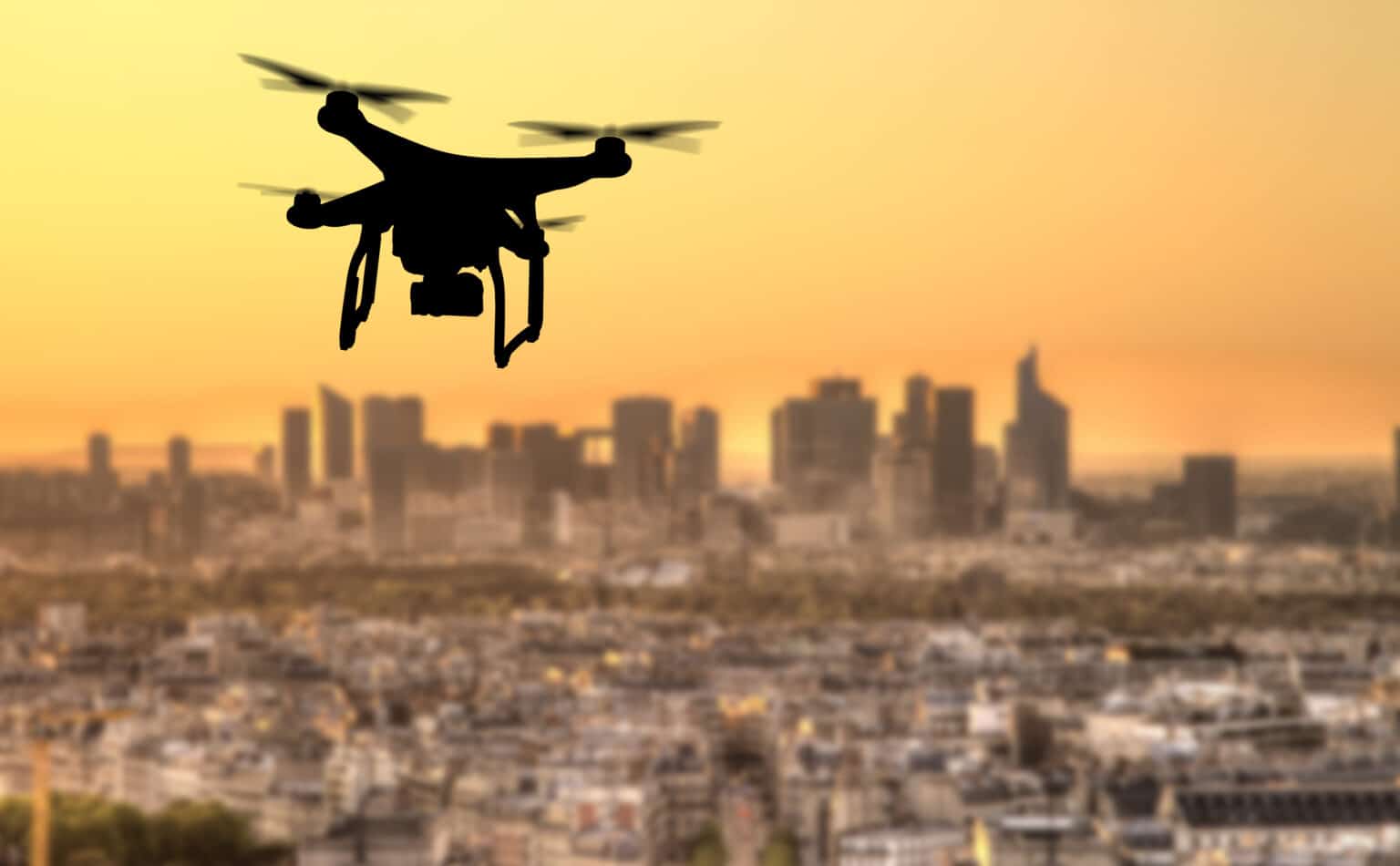ISJ Leaders in Security 2023: Protecting the skies


James Thorpe
Share this content
As drone threats remain ever-present in our modern world, Convexum’s unique solution is helping to enhance security across a range of complex environments.
Convexum, the Israeli-based provider of counter-drone solutions, is Platinum Partner for the ISJ Leaders in Security Conference, taking place on 10 May 2023 at The Grosvenor Hotel, Dubai Marina, Dubai, UAE.
This partnership demonstrates Convexum’s commitment to the Middle East region and its recognition of the importance of this market to the global CUAS landscape.
The Middle East is a key region for Convexum due to a number of factors: Firstly, the region has been experiencing an ever-increasing use of commercial drones as cheap and effective weapons with enormous destabilising potential.
The absence of regulating mechanisms enables local states to deploy drones in an atmosphere of impunity that only exacerbates the usage of commercial drones, on all fronts. The increasing sophistication of both state and non-state actors in using drones to advance their political agendas is raising the need for effective and reliable counter-drone solutions.
The increasing use of commercial drones for military purposes can also target civilian facilities such as oil and gas facilities, power plants and transportation networks, which are all potential targets for drone attacks. In response to this growing threat, governments and organisations in the region have been investing heavily in anti-drone solutions to protect their assets and critical infrastructures.
The challenges above
Defence against commercial drones remains difficult. There are four main reasons why protecting the skies from unauthorised commercial drones is a challenge:
- The first challenge has to do with the pace at which drones are proliferating: Drones have rapidly become more advanced in terms of capabilities and payload and at the same time they’ve also become cheaper. Therefore, their usage is becoming mainstream and we see them everywhere, both between the hands of mal-intentioned criminals or simply misused by rookies, unaware of the laws of drone flying, registration and certification
- Secondly, another difficulty is that drones are small: It’s much easier to take down a large flying object than to mitigate an unauthorised commercial drone that typically measures between 12 inches and four feet. The bigger the object is, the sooner and the further away you can identify it, determine whether it represents a risk and take any necessary action
- Drones fly at a low altitude: When flown over a wide-open area, in theory, there’s no issue with any drone mitigation technique as no one particularly cares about the collateral damage it can cause. However, when drones fly over an urban area or critical infrastructure, one can’t afford to ‘simply’ take them down as this could potentially cause lots of physical damage and casualties
- Last but not least, drones use the same communication protocols as civilian operations. Therefore, existing mitigation techniques such as jamming or spoofing – which may be acceptable in military scenarios – are simply not viable options in highly dense environments. If you ‘confuse’ a drone by ‘telling’ it that it’s not located where it thinks it is, you also confuse airplanes flying in the vicinity. If you jam a drone’s communication, you also disrupt all the GPS or Wi-Fi signals around it. These options are obviously not valid for first responder operations, prisons, energy facilities or any other critical infrastructure.
Israel has been investing in anti-drone defense systems for several years and is considered as a leader in this space. Unsurprisingly, new Arab partners of Israel have shown an interest in benefitting from its knowhow and advanced technology in this domain; the Abraham Accords reinforced the collaboration between Israel and Arab countries within the region.
The aim is to deploy a completely autonomous counter-UAV system by building a tech coalition that will utilise the countries’ respective comparative advantages: Israel’s leadership in drone and anti-drone technology and Arab countries’ competence in leveraging and scaling tech capabilities.
A unique solution
Convexum’s innovative solution, which enables autonomous detection, tracking, takeover and safe landing of unauthorised commercial drones, is well-suited to meet these needs. The solution covers a wide range of commercial drones that represent most commercial drones flown today around the world. It can be deployed in fixed, portable and car-mounted modes to answer a wide range of use cases and requirements.
Where radars, jamming or spoofing counter-drone systems come with accuracy limitations and or a range of collateral damages, Convexum provides a revolutionary and high performing solution with zero false positive alerts, does not interfere with urban communication signals such as GPS or Wi-Fi and is extremely easy to operate.
Convexum’s solution is designed for use in urban environments, making it ideal for a diverse range of industries and organisations like government assets, oil and energy facilities, mass events, VIP protection and more.
The ISJ Leaders in Security Conference in Dubai is an ideal platform for Convexum to showcase its solution and expertise to a wide range of potential customers, strategic partners and industry experts, to share and exchange knowledge and experience of the latest counter-drone technological advancements, trends and best practices.
To register for the event, visit: isjleadersinsecurity.com



